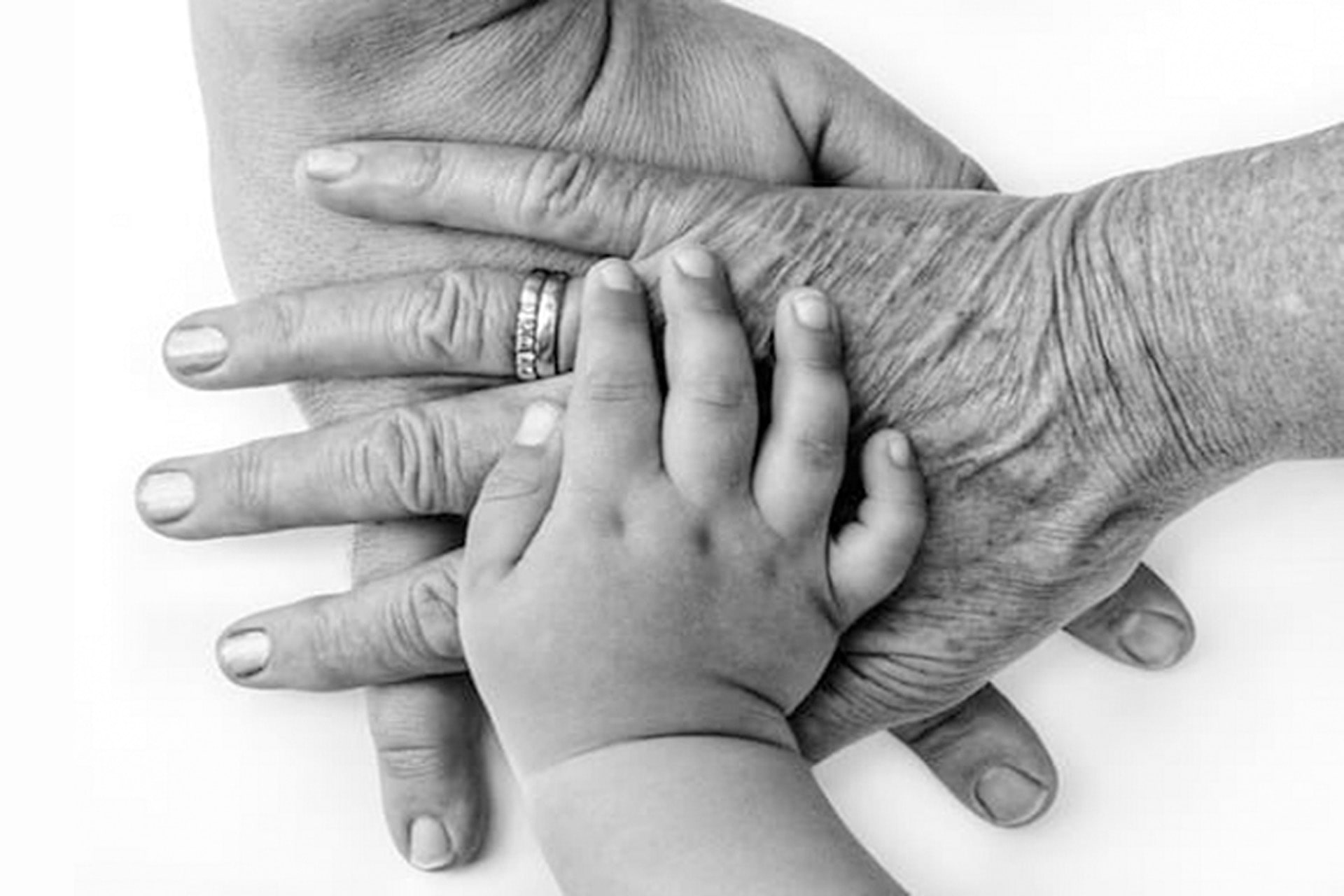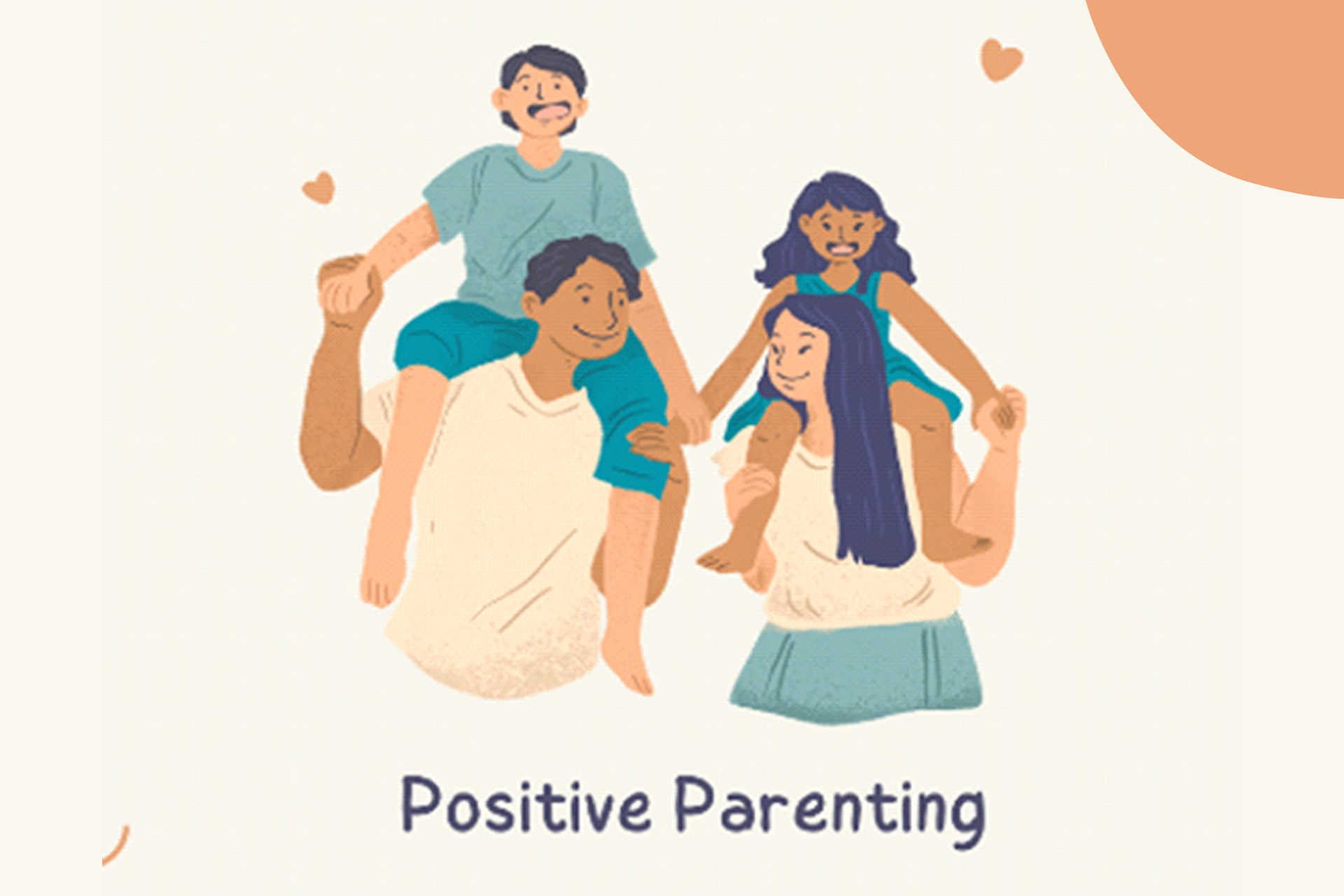By Sai Durgaprasad Hoskote
In the intricate tapestry of family history, there are threads woven with both resilience and vulnerability. One profound aspect that often remains unseen, yet tightly bound, is intergenerational trauma. Passed down through generations like a silent legacy, its impact on children is both profound and complex. In this article, we will delve into the depths of intergenerational trauma, exploring its origins, manifestations, and the ways it shapes the lives of the youngest members of our families.
Understanding Intergenerational Trauma: A Historical Echo
Intergenerational trauma refers to the transmission of trauma from one generation to the next. This trauma can originate from various sources, including war, persecution, displacement, discrimination, or other historical injustices. The echoes of past traumas resonate through family dynamics, shaping the experiences of children in ways that are not always immediately apparent.
The Legacy of Unspoken Pain: Impact on Children
1. Inherited Emotional Wounds:
Children growing up in families with a history of trauma often inherit the emotional scars of their ancestors. Unresolved grief, anxiety, or depression can linger like a shadow, impacting the child's emotional well-being.
2. Altered Family Dynamics:
Intergenerational trauma can influence family dynamics, creating patterns of dysfunction. Children may witness unhealthy coping mechanisms, strained relationships, or difficulty expressing emotions, shaping their own understanding of relationships and emotional regulation.
3. Cultural Disconnection:
Trauma often severs the connection to cultural roots. Children may struggle with a sense of identity and belonging, feeling disconnected from their cultural heritage. This disconnection can contribute to a sense of rootlessness and identity crisis.
4. Repetition of Negative Patterns:
Unconscious repetition of negative patterns is a common consequence. Children may find themselves unknowingly recreating the same dynamics they observed in their parents or grandparents, perpetuating the cycle of trauma.
5. Increased Vulnerability to Mental Health Issues:
The cumulative effects of intergenerational trauma can increase the vulnerability of children to mental health issues. Conditions such as anxiety, depression, or post-traumatic stress disorder may manifest as a result of the inherited emotional burdens.







0 Comments